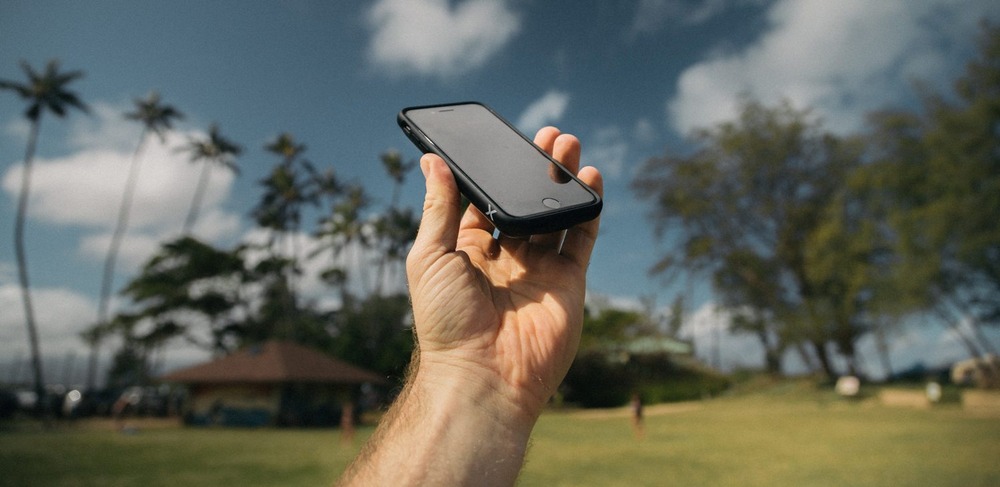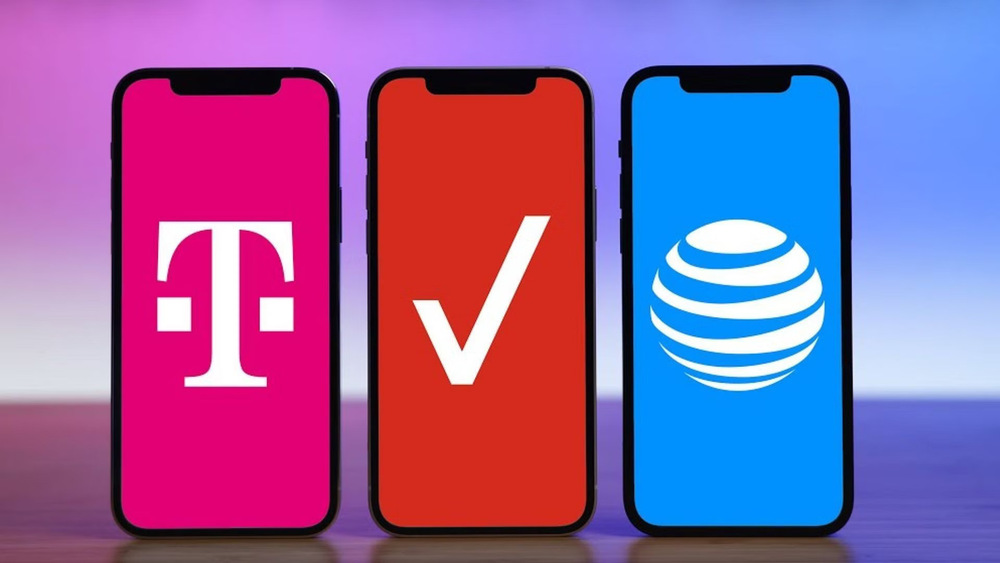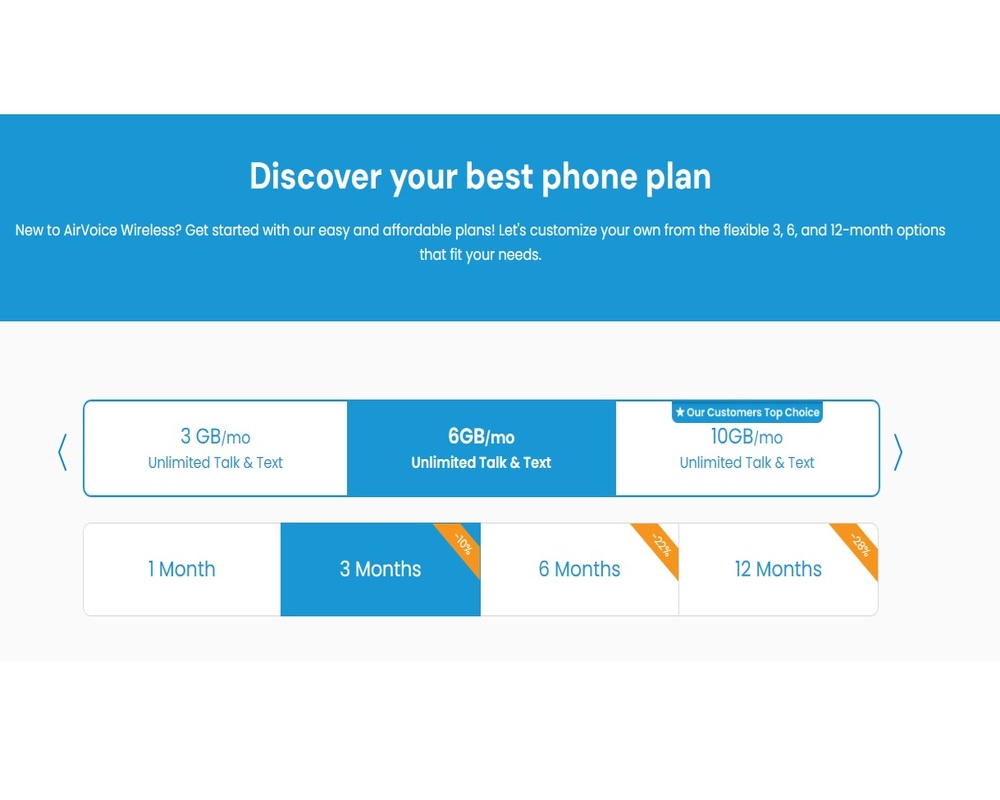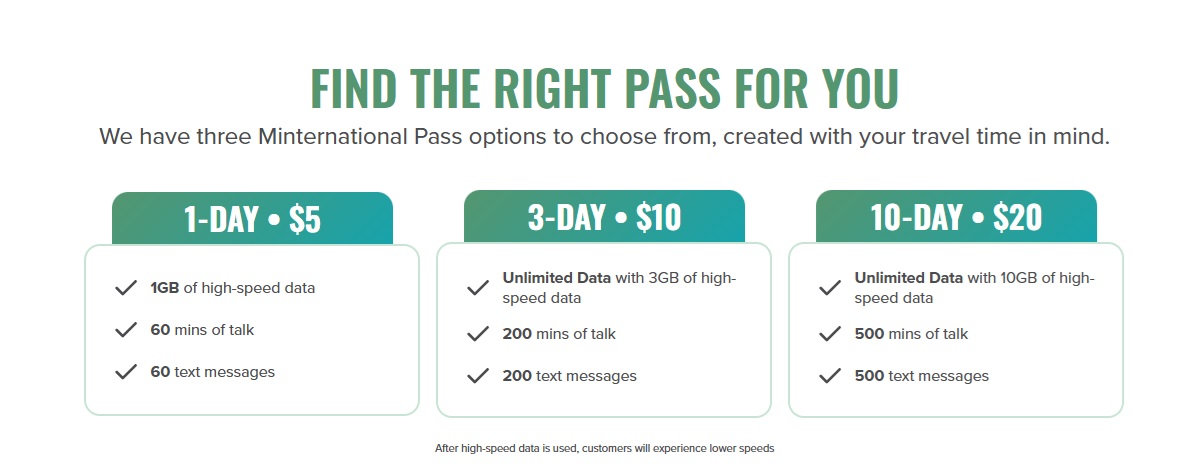5 Tips to Find the Best Phone Plans for College Students
Introduction
Staying connected in college isn’t a luxury; it’s a lifeline. No one wants to be left behind. Whether it’s communicating with friends and family, staying active on social media, or accessing online learning resources, a reliable phone plan is essential. However, finding the right plan can be challenging, especially for students on a tight budget with varying data needs.
Fear not! This blog will guide you 5 tips to find the best phone plans for college students, ensuring you stay connected without worries about being “out of data”. Get ready to explore a better mobile experience!
Understanding Your Needs

Before diving into the world of phone plans, it’s important to understand your specific needs. This will help you determine the right plan for you and avoid overspending on unnecessary features. There are three key factors to consider when assessing your needs: data usage, talk/text needs, and carrier coverage.
1. Data Usage

Data is often the biggest cost factor in phone plans. Don’t let your phone usage tie you to a heavy data bill! Data can silently drain your budget without you realizing it. Before you get stuck with a plan that leaves you with constant overages, let’s become data detectives!
Think about your phone habits: Are you a social media marathon runner, a music streamer on the go, or an online learning champion? Each activity consumes data differently. Remember, streaming high-definition videos will eat up more data than streaming music or browsing websites. By answering these questions, you’ll gain a better understanding of your data usage patterns. This knowledge empowers you to choose a plan that offers enough data without paying for excess you won’t use. To give you a clearer picture of data consumption by different activities, let’s look at the average data usage per hour of your favorite apps:
| App | Data Usage per Hour |
| TikTok | 720-864 MB |
| 120-240 MB | |
| 132-264 MB | |
| YouTube | 180-720 MB |
| Snapchat | 90-180 MB |
| FaceTime | 1500 MB |
| Web Browsing | 10-25 MB |
| Messaging Apps | 10-20 MB |
| Music Streaming | 50-100 MB (low quality) |
| 100-150 MB (high quality) | |
| Video Streaming | 250-500 MB (SD quality) |
| 1-2 GB (HD quality) | |
| Online Gaming | 20-100 MB (without streaming) |
| 100-500 MB (with streaming) |
2. Talk and Text Needs
Uncovering your communication habits is key to choosing the right mobile plan. For those who are constantly connected with their loved or colleagues, unlimited talk and text options become a necessity. Imagine the peace of mind knowing you can chat for hours or send a thousand texts without worrying about overage charges. On the other hand, if your social circle primarily revolves around online messaging apps like WhatsApp or Facebook Messenger, and phone calls are seldom, a plan with a limited number of talk minutes can be a budget-friendly choice. This way, you’re not paying for a service you barely use. Consider tracking your call and text history for a week to get a clearer picture of your usage patterns before deciding.

3. Carrier Coverage
Don’t settle for spotty service! Before finalizing what will be the best phone plan for college students, it’s vital to verify carrier coverage in two key areas: your campus and the places you frequent. Here’s why: dropped calls, slow data speeds, and unreliable connections can seriously disrupt your day-to-day activities. Imagine missing an important call from your professor because of a weak signal or being unable to upload assignments due to weak data connection. Make sure to choose a carrier that offers reliable coverage in your specific location.

Popular Phone Plan Options for Students
By now, you’ve likely identified your phone usage habits. Are you a social media addiction through hours of content, or do you primarily use your phone for calls, texts, and essential apps? Let’s explore some popular phone plan options that could be a nominee for the best phone plans for college students.
1. Major Carriers

Some major carriers like Verizon, AT&T, and T-Mobile are popular choices for cell phone service. They often have student discount offers or family plans with multi-line savings. They also usually have extensive nationwide coverage and a wide range of plan options.
Major carriers offer a reliable and convenient cell phone service with a variety of benefits. However, let’s weigh some potential downsides against your needs and budget before deciding.
- Higher Base Costs: While offering a variety of features, major carriers often have higher base costs compared to prepaid carriers or Mobile Virtual Network Operators (MVNOs). These base costs can be as high as the monthly plan cost itself. You could also be charged with additional fees like equipment charges or access line charges.
- Contracts: Most major carrier plans may require you to sign a contract, locking you into their service for a set period. This can limit your flexibility if you find a better deal elsewhere.
2. Mobile Virtual Network Operators (MVNOs)

Mobile Virtual Network Operators (MVNOs) are an excellent alternative to major carriers for budget-conscious college students. Unlike major carriers who own and operate their own cell towers, MVNOs “rent space” on existing networks from giants like Verizon, AT&T, or T-Mobile. This allows them to offer competitive pricing, often significantly lower than traditional plans.
Here are some key advantages of MVNOs for college students:
- Lower Costs: They often offer lower monthly plans with a set amount of data, minutes, and texts, which can be ideal for students with predictable usage patterns.
- Targeted Plans: Many MVNOs cater to specific needs, such as offering plans with a high allotment of data for students who stream a lot of content, or unlimited talk and text for those who primarily use their phone for communication. Some MVNOs even specialize in international calling, which can be valuable for students studying abroad or staying connected with family overseas.
- Flexibility: Unlike major carriers that often lock you into contracts, many MVNOs offer flexible prepaid plans that allow you to adjust your data or service level from month to month. This can be helpful for students whose usage goes up and down throughout the semester.
However, there are also some things to consider before choosing an MVNO:
- Limited Data Options: Some MVNOs may have limited data options compared to major carriers. For students who are heavy data users, an MVNO plan might not be sufficient.
- Network Coverage: Not all MVNOs have access to the same network coverage as major carriers. It’s important to check the MVNO’s coverage map to ensure you’ll have a signal in the areas you frequent, especially your college campus and surrounding areas.
3. Prepaid Plans

Prepaid plans are a good option for budget-conscious students with predictable usage. Here is why:
- Pay Upfront, Avoid Surprises: With prepaid plans, you pay for your service in advance, typically by purchasing a refill card with a set amount of data, minutes, and texts. This eliminates the risk of unexpected charges or overage fees that can come with postpaid plans if you go beyond your allotted minutes, texts, or data. This predictability is especially helpful for students on a fixed budget.
- Flexibility: Prepaid plans often offer a variety of options with different data limitation, talk time, and text allowances. You can choose a plan that closely matches your usage patterns, avoiding paying for features you don’t need.
- No Contract Lock-in: Prepaid plans typically don’t require signing a contract. This gives you flexibility to switch providers or adjust your plan based on your changing needs throughout the semester or year.
However, keep in mind that some repaid plans often have higher data costs compared to postpaid plans, and you may need to refill your data if you exceed your plan’s allowance.
Examples of Affordable Phone Plans for Students
To give you a head start in finding the best phone plans for college students, here are a few examples of affordable options:
- Prepaid: By giving you more control over your spending, a provider like AirVoice Wireless offers various prepaid plans (from low data options to more generous allotments) and talk/text features, allowing you to tailor the plan to your specific needs. Starting a bundle data plan from $6.67 per month, this can be a good option if you have unpredictable usage or want to avoid contracts.

AirVoice Plans
Remember, these are just examples, and there are numerous other plans available from different carriers and MVNOs. It’s essential to compare prices, features, and coverage to find the best fit for you.
- Carrier Plan: Verizon offers a student discount on their unlimited plan, which includes unlimited talk, text, and data starting at $40 per month. This is a great option if you need extensive coverage and don’t mind potentially higher base costs compared to other options. Be sure to check the carrier’s website or ask a representative for current student discount details and plan specifics.

- MVNO: Mint Mobile boasts plans starting as low as $15 per month, making them ideal for budget-conscious users who primarily use their phone for calls, texts, and light browsing. However, data allowances on these plans tend to be smaller (around 3GB for the $15 plan), so be mindful of your usage habits.

MINT MOBILE plan
5 Tips for Saving Money on Phone Plans
Now that you have an idea of the available options, let’s explore some tips to help you save money on your phone plan:
-
Consider Prepaid Plans
If you’re a light user, prepaid plans can be a more cost-effective option. You only pay for what you use, and there are no surprise charges or contracts to worry about.
-
Choose the Right Data Plan
Avoid overpaying for data you don’t use by accurately assessing your data needs. If you primarily use Wi-Fi and have limited data consumption, opt for a plan with a lower data allowance.

-
Look for Promotions and Discounts
Carriers often offer deals for new customers or bundled services. Keep an eye out for promotions and discounts that can help you save money on your phone plan. These deals might help you save money on your monthly bill or provide additional benefits like free streaming services.
-
Consider MVNOs
As mentioned earlier, MVNOs can provide lower-cost plans on major carrier networks. Research different MVNOs and find one that offers the features you need at a price you can afford.
-
Bring Your Own Phone (BYOP)
Avoid the cost of a new phone on a contract by bringing your own device to the plan. This allows you to save money on a new phone contract. You can choose a plan based on your needs and budget, without the added cost of a new device or changing your phone number.
Additional Considerations
In addition to the tips mentioned above, here are a few more factors to consider when choosing the best phone plans for college students:
Family Plans
Consider joining a family plan with your parents, siblings, or even your dorm mates. Family plans often offer cost benefits and allow you to share data and minutes, providing even more savings.
Using Wi-Fi
To save on cellular data usage, make sure to utilize Wi-Fi whenever possible. Connect to the Wi-Fi network on your campus, in coffee shops, or other public places to avoid eating into your data allowance.
Conclusion
Choosing the best phone plans for college students is crucial for staying connected without breaking the bank. By understanding your needs, exploring popular options, considering affordable plans, and implementing money-saving tips, you can find a phone plan that suits your usage patterns and budget. Make sure to compare plans, prioritize features, and utilize resources like carrier websites, comparison tools, or student forums to aid in your decision-making process. Stay connected and save money with a phone plan tailored to your specific needs.
Are you looking for an affordable prepaid phone plan that caters to your specific needs? Check out AirVoice Wireless for a wide range of choices suited for college students like you!






